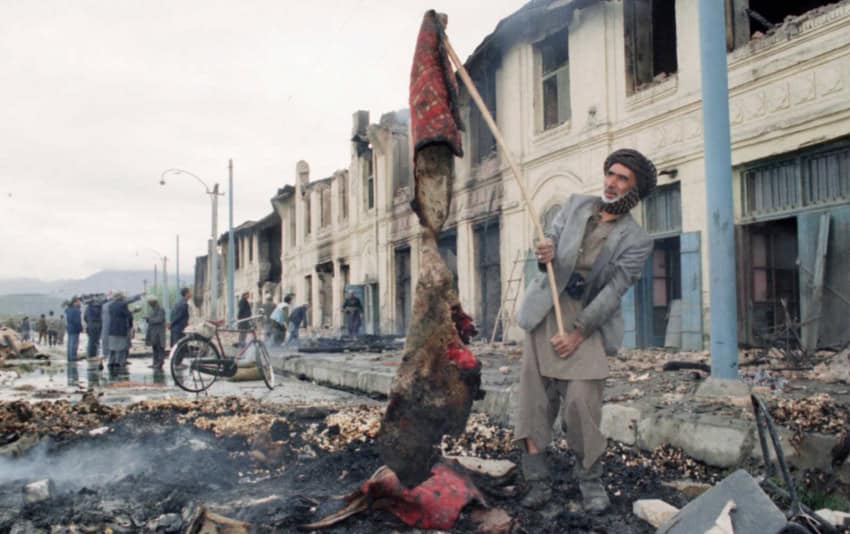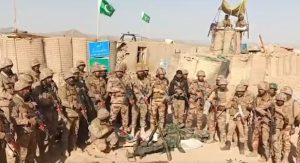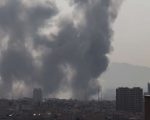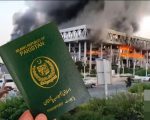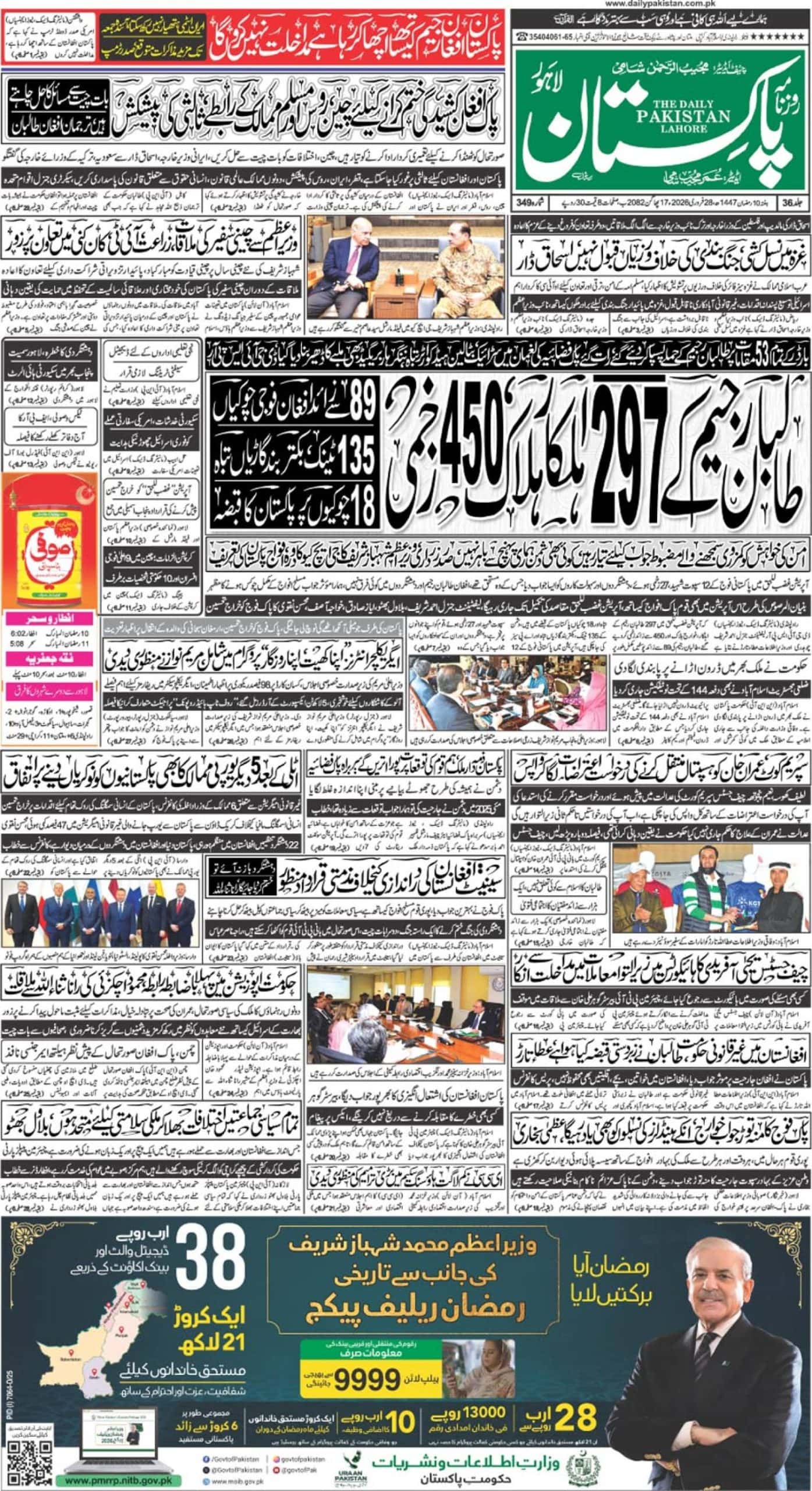A March report by the U.N. declared that “for 2016, survival will be an achievement” for the Afghan government. With President Ashraf Ghani and Chief Executive Abdullah Abdullah at loggerheads on almost every issue ranging from appointment of key ministries to negotiations with the Taliban, it is not difficult to fathom as to why the political process has stalled over the past 18 months. The US Secretary of State John Kerry, widely known as the architect of the fragile Afghan unity government, made an unannounced visit on April 8th, 2016 to bolster support and kick-start the political process.
The tough love did result in a moral victory when the lawmakers confirmed a new Interior minister and an attorney general after months of deliberation. However, celebrations were muted as Taliban hurled rocket strikes in the heart of capital within hours of Kerry’s departure with the security on red alert and the capital in complete lock-down. This was another stark reminder of the job at hand and the feeble security situation on the ground. With the Donor Conference scheduled for July in Warsaw, the Afghan government needs to put their house in order to appease the west rather than pointing fingers at the usual scapegoat, i.e. Pakistan.
Already classified as the longest war in the US history, Afghanistan is living true to its legend: “graveyard of empires”. According to CNN, “the U.S. officials estimate that 5,500 Afghan security force members died in 2015, far more than the 3,500 NATO lost in its entire decade-long campaign. This coupled with the 7,500 wounded civilians and 3,500 dead; 2015 was by far the bloodiest year in the Afghan war. Adding to the woes is the rising number of desertions because of casualties and low re-enlistments rates, in 2015 alone a third of 170,000 were recruits fresh of a three-month training course.
The rise of insurgents can be gauged from the fact that Helmand – widely regarded as the birthplace of Taliban and the opium capital of Afghanistan, has been a battleground for the past several months. Taliban holds three of the Helmand districts and six are heavily contested at this point. The plight of the matter can be judged by the fact that the Deputy Governor of the province took the unusual step of reaching out to Ashraf Ghani on Facebook that unless reinforcements are sent, Helmand is on the brink of disaster.
Helmand is one place, which saw a bloodbath in the early years, and the US/NATO suffered heavy casualties before regaining control. Fall of Helmand would be a huge psychological and a body blow to the future plans of a “secure Afghanistan”.
According to rough estimates the US, in the name of “nation building”, has spent $110 billion in Afghanistan – highest in the human history. To make matters worse Afghan economy has failed to pick up and the domestic revenue covers only 33% of the total budget expenditure of $5.2 billion – rest covered by donor contributions.
The only feather in the cap for the Afghan government is the thriving opium economy that has grown by 14.5 percent last year producing 13 million tons of drugs. Luckily the 560,000 acres are in Afghanistan or the finger pointing would have been towards, none other than Pakistan.
Kabul is not Afghanistan. Living in the shadow of the so-called elite afghan forces and under the watchful eye of the Americans, the honeymoon period cannot last forever. It is imperative for the Afghan government to understand that the blame game must end now. Insurgencies either side of the border is something that we should learn to live with as we guard the most porous border on the face of the earth.
The hue and cry and anti-Pakistan rhetoric might be a good selling point and will surely earn you friends in the Indian consulates in Kandahar and Jalalabad but will further aggravate the situation on the ground. Being an Indian darling is okay for now as they pour in million of dollars, but only if bling could save nations, Gaddafi and Saddam would be sitting pretty right now.
Pakistan and Afghanistan are bonded both by blood and border. The legacy of Pashtuns has survived for centuries and it will withstand the mettle of time and continue to thrive. However, the onus is on the governments on either side of Durand line to embrace the change and work towards a better and a brighter future.
And maybe G.K. Chesterton had us in mind when he said that;
“The bible tells us to love our neighbors, and also to love our enemies; probably because they are the same people.”

